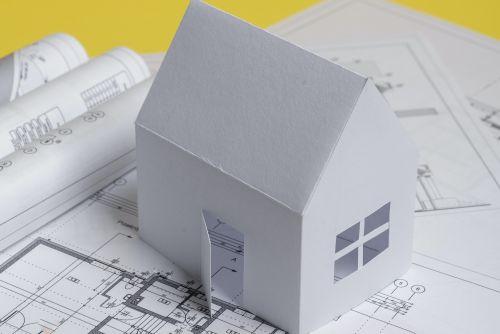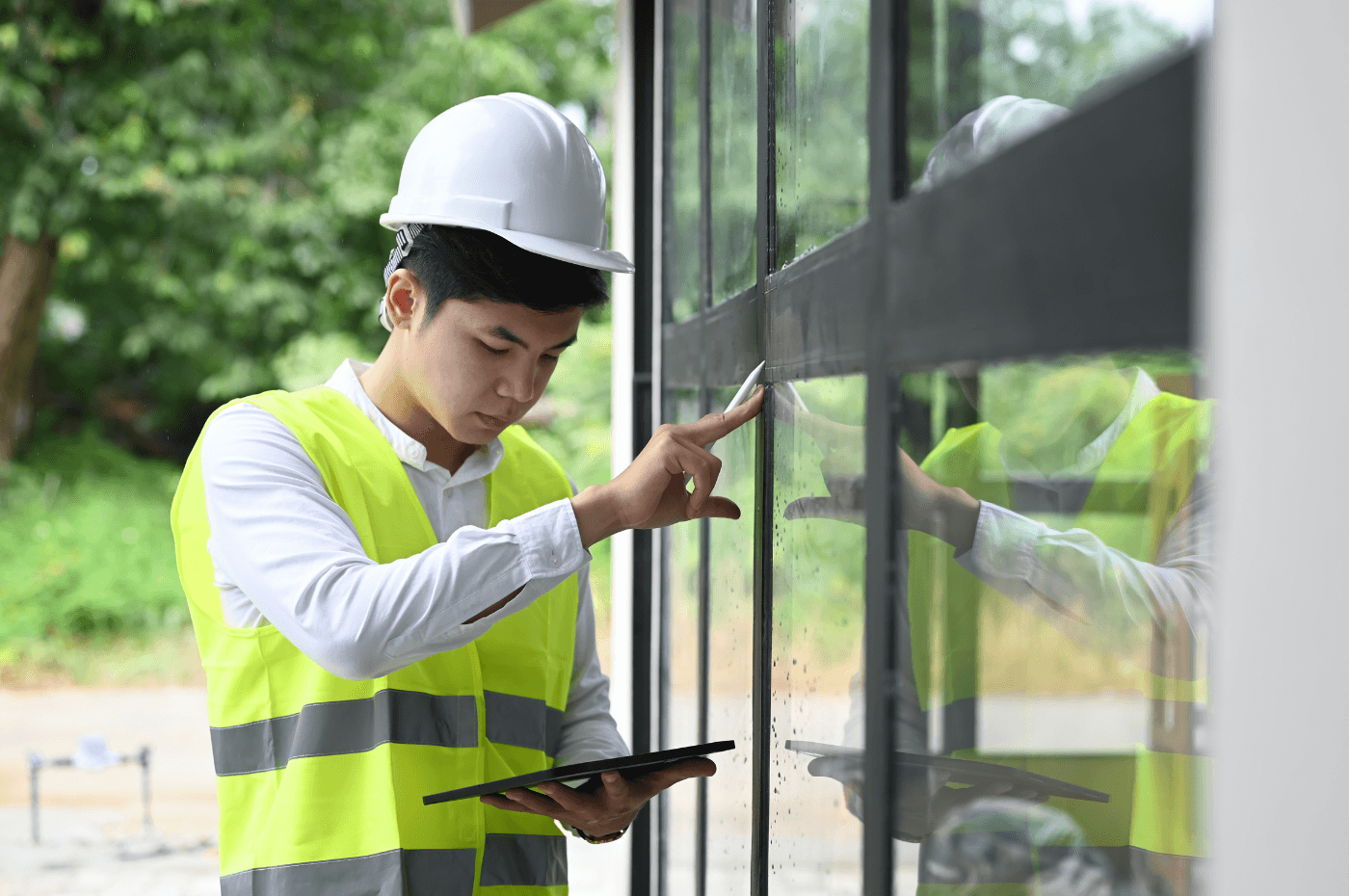If you’re considering a career as a building inspector in Quebec, here’s what you should know. For many years, the profession lacked formal regulation, allowing anyone to claim qualification.
However, that’s about to change. Starting in October 2024, the profession will be regulated by the Régie du bâtiment du Québec (RBQ) under the new framework established by the Règlement sur l’encadrement des inspecteurs en bâtiments d’habitations pour les inspections en vue d’une transaction immobilière (REIBH).
Let’s explore what you need to know about becoming a building inspector in Quebec.
Becoming a certified building inspector
Here's an overview of the process of becoming a building inspector in Quebec under the new regulations:
-
Follow a technical program in building inspection
The first step to becoming a building inspector is to enroll in a specialized technical program in building inspection to obtain an Attestation of College Studies (ACS). This program is essential under the new REIBH regulations, providing candidates with a solid foundation in the industry.
This college-level training covers key topics relevant to building inspection, including:
- Building envelope, structure, and mechanics.
- Pre-purchase inspection.
- Writing inspection reports.
- Real estate law.
- And more.
The program must consist of at least 600 hours, combining theoretical and practical components, and align with the practices outlines in the BNQ 3009-500 standard.

Programs offered in Quebec
Before the RBQ’s regulations, several ACS programs were available in Quebec. Here are some recognized programs that may interest you:
- Building Inspection training from the Collège d’enseignement en immobilier (CEI)
- Building Inspection program (EEC.2J) from Cégep Saint-Jean-sur-Richelieu
- Building Inspection technique from l’Institut Grasset
- AEC in Building Inspection from Cégep de Drummondville
- Building Inspection program (EEC.1G) from Cégep du Vieux Montréal
These training programs will need to adapt to include the new inspection standards established by the REIBH.
-
Obtain liability and professional insurance
Under the new regulation, candidates for the building inspector profession must obtain insurance coverage to secure their certification. Specifically, they are required to have two types of insurance:
- General liability insurance
- Professional liability insurance for errors and omissions
Each type of insurance must meet a minimum coverage amount of $1,000,000 for a Category 1 certificate and $2,000,000 for a Category 2 certificate.
-
Apply for certification
Candidates must apply for the residential building inspector certificate from the RBQ by fulfilling the following requirements:
1- Submit all necessary contact information to the RBQ.
2- Specify the category of certificates they wish to obtain.
3- Provide proof of successful completion of an eligible ACS program.
4- Provide proof of insurance coverage, including:
- Insurance certificate number
- Date of issuance
- Confirmation that coverage applies to residential building inspector functions.
- Amount of coverage per claim and the maximum annual coverage.
5- Specify the name of the professional order they belong to, along with their member number, if applicable.
6- Include the applicable fees as outlined in the regulations.

-
Obtain the Category 1 residential building inspector certificate
Once their application is accepted, candidates will receive a Category 1 certificate, allowing them to perform building inspections for residences with one to six private units, as well as for the private portion of divided co-ownerships.
There is also a Category 2 certificate, which requires additional qualifications. To apply for it, candidates must:
- Have completes a recognized ACS.
- Have at least 2 years of experience in residential building inspection after obtaining the Category 1 certificate.
- Finish a specialization program in the inspection of large buildings, lasting a minimum of 180 hours.
Only after fulfilling these requirements can candidates operate as certified inspectors. Additionally, they must engage in ongoing training to maintain their certification.
Joining a recognized association: is it mandatory?
While joining a professional order is not mandatory for building inspectors, it can enhance recognition and reassure potential clients about the quality of their services.
To address past legislative gaps and improve the regulation of building practices, several associations have been established in Quebec. Among these, the Association des inspecteurs en bâtiment du Québec (AIBQ) is the largest. Here’s how to become a member.
1. Start the accreditation process
To become a member of the AIBQ, candidates must follow several steps and adhere to strict timelines for accreditation. If these deadlines are exceeded, the candidate's accreditation process will be halted.
To begin, individuals must submit a membership application by filling out the membership form. It's important to note that while students can apply for membership, they will not be permitted to inspect buildings until they have completed their training.

2- Take the AIBQ Exam
Once their application is accepted, candidates will receive an invitation to take the AIBQ exam. They have 30 days to pay the exam fee and 30 days to complete the exam.
The online exam lasts a maximum of 2 hours and consists of 55 multiple-choice questions covering the Practice Standard, the Code of Ethics, and the AIBQ General Regulations.
If a candidate does not pass, they are allowed a maximum of two retakes.
3- Pass the inspection of a sample house
In addition to passing the exam, candidates must conduct an inspection of a residential building, which can be a property owned by a family member, friends, neighbour, or similar. The AIBQ prefers single-story homes for this purpose.
The inspection will be conducted in the presence of an auditor assigned by the AIBQ. After completing the inspection, the candidate must submit the inspection report for review by the same auditor.
What is the salary of a building inspector?
If you are considering a career as a building inspector, you might be curious about the salary you can expect after completing your training.
In 2023, the income for building inspectors in Quebec was estimated to range from $45,000 to $70,000. However, these figures are for informational purpose only, as various factors such as experience, location, and specific employers can influence your actual compensation.
Are you looking for a building inspector?
XpertSource.com can help you in your efforts to find a building inspector. By telling us about your project, we will refer you to top-rated experts, free of charge! Simply fill out the form (it only takes 2 minutes) and you will be put in contact with the right experts.

